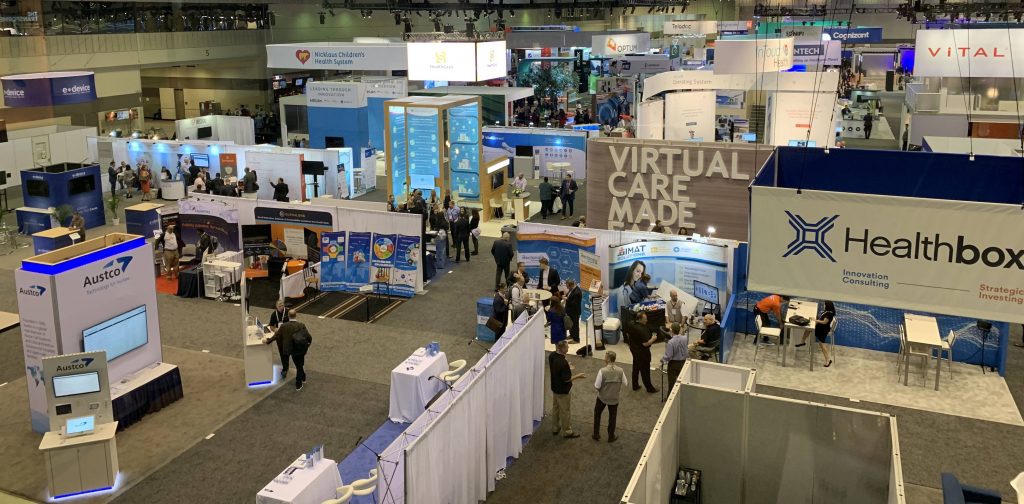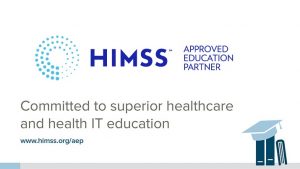If you’ve spent any time on social media or attended a gathering of your local HIMSS chapter, you’ve likely noticed that healthcare technology circles tend to be a social crowd and are enthusiastic about the value of industry conferences.
There is a full slate of conferences throughout the year ranging from the broad stroke, something for everyone showcase such as the annual HIMSS Global Conference & Expo to smaller conferences dedicated to specializations, be it the American Medical Informatics Association’s Clinical Informatics meeting or the Big Data & Analytics in Healthcare Summit.
Any healthcare IT conference has something to offer developing and seasoned professionals alike. They represent an ideal environment for networking opportunities and educating the health IT workforce for the challenges that lie ahead for the industry. Convincing your boss of its value over you being in the office, however, isn’t necessarily easy. It requires an investment of funds and a willingness to disrupt workflows to accommodate a conference, but there are ways to frame the conversation to help you convince your manager or executives that investing in you, is an investment in their business.
The Knowledge Gained
When you go to something like a HIMSS conference, you join 45,000 health professionals from around the world for a week of unique conversations and educational experiences. Learning something new is an inherent part of the experience as you meet new colleagues and rub shoulders with people making an impact in the industry every day.
If a smaller conference is your kind of thing, there is no shortage of opportunity there either as there is less noise to cut through. With less people, making connections and having in-depth conversations is in some ways easier as you’ll have more time to do so and most likely be around other professionals who specialize in the same area as you.
Either way, when you head back to your routine, you’ll be armed with new concepts, new ideas and new insights to implement in your work that can fuel long-term growth and improve your overall performance. While it may cause a bit of inconvenience in the short term, most bosses can understand the long-term benefits of allowing their employees a unique opportunity to pursue professional development.
The Power of Discovery
The longer you spend with an organization, the easier it becomes to believe that their way of doing things is the only way of doing things. Sometimes, it’s necessary to step outside of our routines and see what others are doing, from the tools they are using to process improvement efforts the industry as a whole is adopting.
The key here is to identify sessions to attend and topics to take a deep dive into so that you can bring back knowledge to share with your co-workers. Identify measurable outcomes you would like to impact through what you learn and outline the speakers you want to learn from. Knowing who the experts are that you’ll be listening to can make the event more enticing and have your boss looking forward to what you’ll bring back.
Whichever conference you attend, look over the agenda and begin to map out a plan for how you’ll spend your time. The more focused it is, the more your boss can rest assured you’re going there with goals rather than looking for a few days away. Create a sample agenda and show it to them. Perhaps they’ll have feedback or suggestions that will make it more worthwhile for the business to send you.
Break from the Norm
Burnout doesn’t just effect clinicians. Even in health IT, the demands can be overwhelming and the longer we go without a break, the more the workloads can seem never-ending, a burden to be avoided.
Sometimes, all you need is a little inspiration to remind you that the work you’re doing impacts lives as well as bottom lines. Conferences are a great way to find inspiration, be it from the work someone else has done or in providing you ideas for what you want to do next in your own work. A little break from your usual routine can reignite your passion for health IT and make you a more productive member of your organization.



